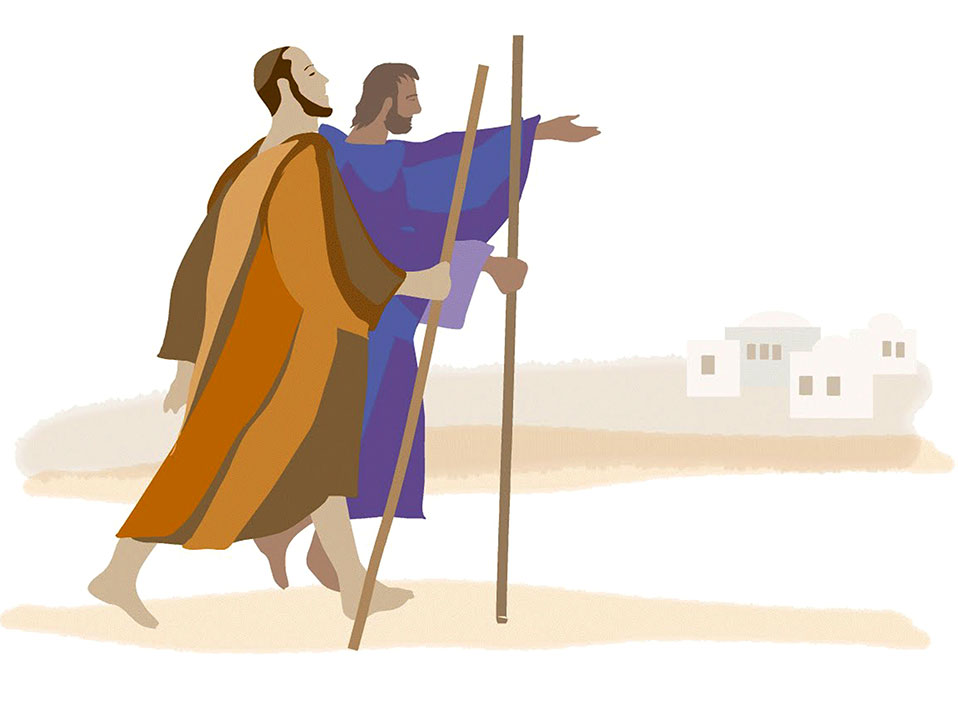Over the past thirty years, the Africa Faith and Justice Network (AFJN) has worked with many partner organizations (e.g., the Institute for Policy Studies, Action Aid, Jubilee U.S.A., and Catholic affiliated NGOs) in the Washington metropolitan area to influence the policies of the U.S. government that affect Africa. After analyzing a policy, AFJN and its partners bring elements of the policy that are seen to have negative consequences for Africa to the attention of the United States Congress and/or the State Department. But the problems faced by Africa are not all dependent on Washington. After a review and a careful analysis of the issues that AFJN has addressed over the years, the AFJN staff concluded that, although many issues are economic and developmental, the major perennial problem confronting Africa is the problem of faulty governance. The issues addressed were the negative consequences of the extractive industries, unfair trade practices, land grabs, capital flight, corporate tax evasions, and the endemic conflicts that plague African communities. In one way or another, all of these relate to and interact with the consequences of a lack of good governance. Africa so rich, so poor. The continent of Africa is perhaps the richest piece of land on earth, given its natural resources – rich fertile land, minerals and bio-diversity. One then wonders why do the people living in the world’s richest continent continue to be the poorest? A close examination reveals that problems relating to failure to serve the common good, to achieve equitable resource distribution, to foster citizens’ participation in the political process, to act with transparency and accountability and to create a basic level of economic justice – all have to do mainly with governance. To address the economic and social problems in Africa, first you must tackle the systemic problems inherent in governance. In effect, the economic challenges or the problems related to poverty and underdevelopment in Africa are symptomatic of something outside the strictly economic sphere. Getting poorer. A narrow focus on the economy misses the causes of poverty and underdevelopment. Over the years, many programs, such as the structural adjustment programs (SAP), privatization, and trade liberalization that have the economy as their primary focus, have not only failed to alleviate the problems but have worsened the fortunes of many African countries, making most Africans poorer today than they were twenty or thirty years ago. Good governance. An essential element of good governance is upholding the common good. In formulating and implementing laws and policies, political leaders must seek the good of all their citizens. Laws, policies and procedures for implementation must all be transparent, and leaders must be accountable to their people by enabling robust civil society participation in the governing process, as well as having free and fair elections in “democracies.” Citizens must participate. Leaders must also uphold the principles of subsidiarity, that is, they must not arrogate to themselves the functions of a lower body. It is said that “all politics are local”







